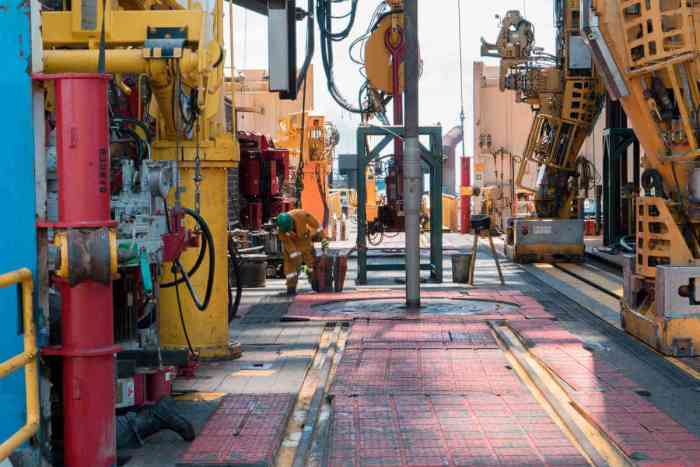When the People’s Progressive Party (PPP) was in opposition, its activists and supporters burned sugarcane fields, sabotaged factories and called so many strikes that managers lost count all in the name of weakening the administrations of then presidents Forbes Burnham and Desmond Hoyte.
In October, the PPP will mark 21 years in office and 21 years since it is in charge of state-owned Guyana Sugar Corporation, which is now experiencing its worst period in history.
So bad is production at the sugar company, which has not reported any serious cases of sabotage of any kind in the past two decades that critics are beginning to discuss the possibility of what was previously unthinkable-possible closure in the near future if its fortunes are not turned around in the immediate future.
First crop production for 2013 barely reached 48,000 tonnes, a figure Guysuco chief Paul Bhim and even President Donald Ramotar recently publicly acknowledged as the worst in living memory of sugar production in Guyana, traditionally the largest producer and exporter among Caribbean Community nations.
At least twice in the past 15 years Guyana has been forced to import sugar from Guatemala and other sources to meet domestic demands and set aside the little it has produced to meet its 167,000 tonne annual commitment to the European Union and other buyers. The same could happen this year though industry players like Bhim say this is not necessary as yet.
Officials have blamed everything from unusual weather to a shortage of cane cutters to under-performing factories to unskilled managers today as well as poor planting practices for the moribund state of the industry.
As an indication of its rapid decline, estates produced a whooping 335,000 tonnes in 2004 but will struggle to make 200,000 this year. The first of the two annual crops this year should have produced about 80,000 tonnes. The sabotage, the strikes and other not so overt forms of industrial unrest had pushed production in 1989 during the Hoyte administration down to a low of 129,000 forcing authorities to hand over management to UK-based Booker-Tate as a means of improving its fortunes.
Now, a similar fate of gloom and doom is staring Donald Ramotar in the face even though it has nothing to do with industrial or political sabotage by opposition supporters.



















